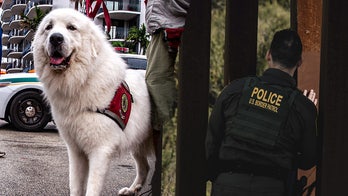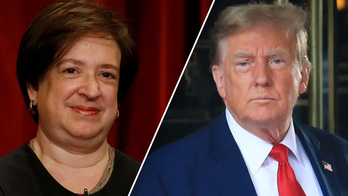President Obama steps back onto the world stage Friday, when he leaves for two economic summits in Asia after a big electoral rebuke.
But his troubles will not ease overseas.
The U.S. and nations abroad are at odds over economic policy. Among the issues, conservative governments in Britain and Germany are pressing for fiscal austerity measures in Europe that Obama's administration is resisting implementing in the U.S.
"The rest of the world is looking more like the tea party," which wants to rein in government spending, according to Kenneth Rogoff, a former chief economist at the International Monetary Fund.
The president's 10-day swing through India, Indonesia, South Korea and Japan was long planned, and has two global economic summits on the schedule—one in Seoul, the other in Yokohama, Japan.
Obama is scheduled to return before Congress comes back to Washington for a lame-duck session on Nov. 15, when key questions on spending, taxes and arms control are likely to be decided. But in his absence, newly empowered Republican leaders will have the bully pulpit to themselves.
Moreover, the president's pledge to negotiate with Congress over the expiring George W. Bush-era tax cuts will now be put on hold for a week.
White House Press Secretary Robert Gibbs said Thursday the president would stay in the domestic news with several press conferences in Asia.
Obama next week attends the summit of the Group of 20 largest economic powers in Seoul. He will still wield considerable influence.
But two years ago in London, Obama and his economic team were greeted at the G-20 summit as something akin to rock stars. At the G-20 in Seoul next week, "they're not going to have a lot of allies," said Alan Auerbach, an economist at the University of California, Berkeley, who has close ties to the White House.




